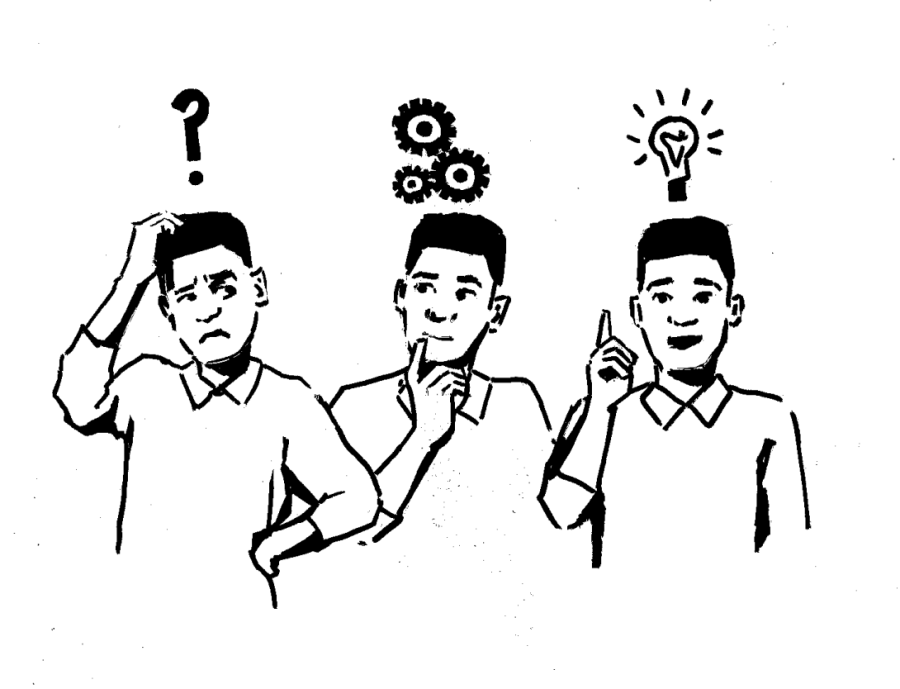PBL: An Academic Necessity
February 10, 2023
Josh Markowitz argues that Problem Based Learning (PBL) helps students become better problem solvers.
Everyone had that one class. You know the class I’m talking about. The class when the teacher goes on and on AND ON about both relevant and irrelevant topics. Walking into class, you don’t know if they will talk about their last vacation or a lesson plan you were supposed to finish three classes ago. Allow me to present the solution: Problem-based learning.
Problem-based learning is a cornerstone of society’s educational learning process. The Cornell Center for Teaching Innovation explains that “Problem-based learning (PBL) is a student-centered approach in which students learn about a subject by working in groups to solve an open-ended problem. This problem is what drives motivation and learning. ” Unlike the other side of the spectrum with boring, old-fashioned lecture classes, PBL has proven to provide the necessary skills that are necessary for an ever-changing workplace, such as critical thinking skills, problem-solving abilities, and communication skills. It can also offer opportunities for working in groups and finding and evaluating research materials, which is a must in our current job environment.
However, let’s be honest. You don’t care about the facts. Let’s talk about the experiences. 8th-grade algebra I. The single most significant experience I have had in a classroom. I got to work with my friends, solve real-world based problems, and by the time tests came around… I truly felt prepared.
At Masters, PBL is a fundamental aspect of the learning process. Marianne Van Brummelen, the head of the Math Department here at Masters, said, “I think PBL also is really beneficial. You have to really think about how you communicate your thinking and what are the ways in which you can make your thinking and your own thinking process more clear to your peers.” With this, it can be taken into professional fields of work. Van Brummelen said, “Problem based learning for me is more has a higher level of transfer to life and to anything that requires that kind of thinking.” Even beyond math, Van Brummelen explained, “If you’re faced with a question, whatever it is, the thing you’re asking yourself is, what do I know that applies to this?”
Here at Masters, PBL is just as vital. Math teacher Ian Mook said, We’ll work on something where a result of the problem is not just the answer, but a understanding about some new piece of content that came up in the process of doing the problem.”
With this, I stand by PBL. It has helped me grow as a learner in and out of the classroom and to me, it is the part of the Masters learning experience that makes students a power for good in the world.

